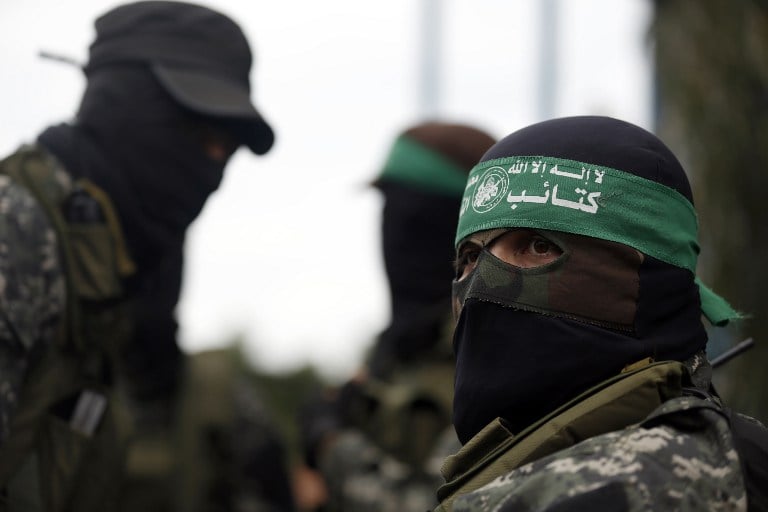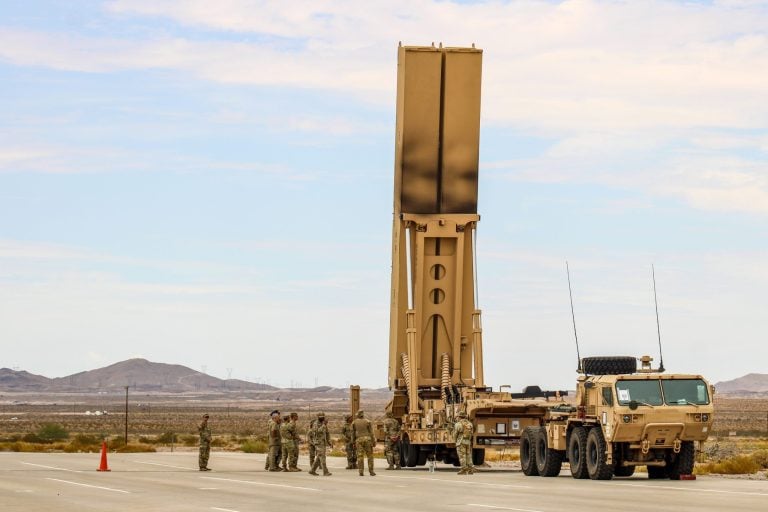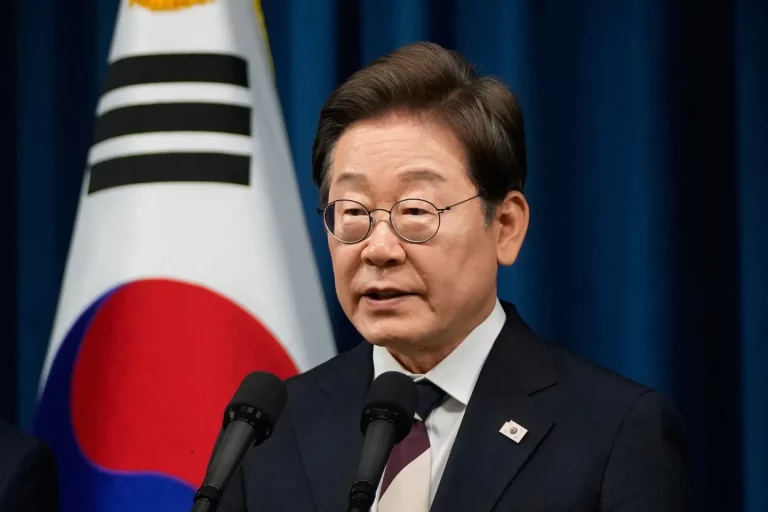A Hamas delegation is poised to engage in discussions with Qatari and Egyptian officials in Cairo, aiming to address the tenuous ceasefire currently in effect in Gaza. This meeting comes in response to heightened tensions following Israeli airstrikes on numerous Hamas positions across the territory. The offensive was triggered by the killing of two Israeli soldiers by Hamas militants, an incident that Israel has labeled a “blatant violation” of the ongoing truce.
Despite these accusations, Hamas denied any involvement in the attack and countered that it was Israel that had breached the ceasefire, which has been active since October 10. The delegation, led by Hamas official Khalil al-Hayya, is expected to discuss the repercussions of the airstrikes, which reportedly resulted in numerous casualties within Gaza.
Egypt and Qatar have historically acted as intermediaries in facilitating indirect negotiations between Israel and Hamas. Their continued involvement underscores the critical need for lasting peace in a region starkly impacted by conflict since Hamas’s unprecedented assault on Israel on October 7, 2023.
In addition to the ceasefire discussions, the Hamas delegation is scheduled to meet with Egyptian officials to prepare for an upcoming intra-Palestinian dialogue, an initiative aimed at fostering unity among various Palestinian factions. This dialogue is particularly significant as it seeks to bring together Hamas and Fatah, the latter being led by Mahmoud Abbas, who is also the president of the Palestinian Authority. These two factions have had a long-standing rivalry, especially since Hamas forcefully took control of the Gaza Strip from Fatah in 2007.
The conversations are expected to focus on key issues concerning the future governance of the Gaza Strip. An independent transitional authority, comprising technocrats, has been proposed under a US-brokered plan to administer the region. While Hamas has expressed its desire not to govern Gaza after two years of conflict, their forces have recently reasserted control over areas that Israeli forces vacated following the ceasefire.
Some Palestinian political figures have suggested the establishment of a group of independent managers to oversee governance in the territory, further reflecting the complexities of the political landscape. Reports indicate that mediators’ efforts succeeded in restoring calm, as they worked to ensure the ceasefire agreement remains intact. The outcome of these discussions in Cairo could play a pivotal role in shaping the future of Gaza and the broader Palestinian political landscape.







